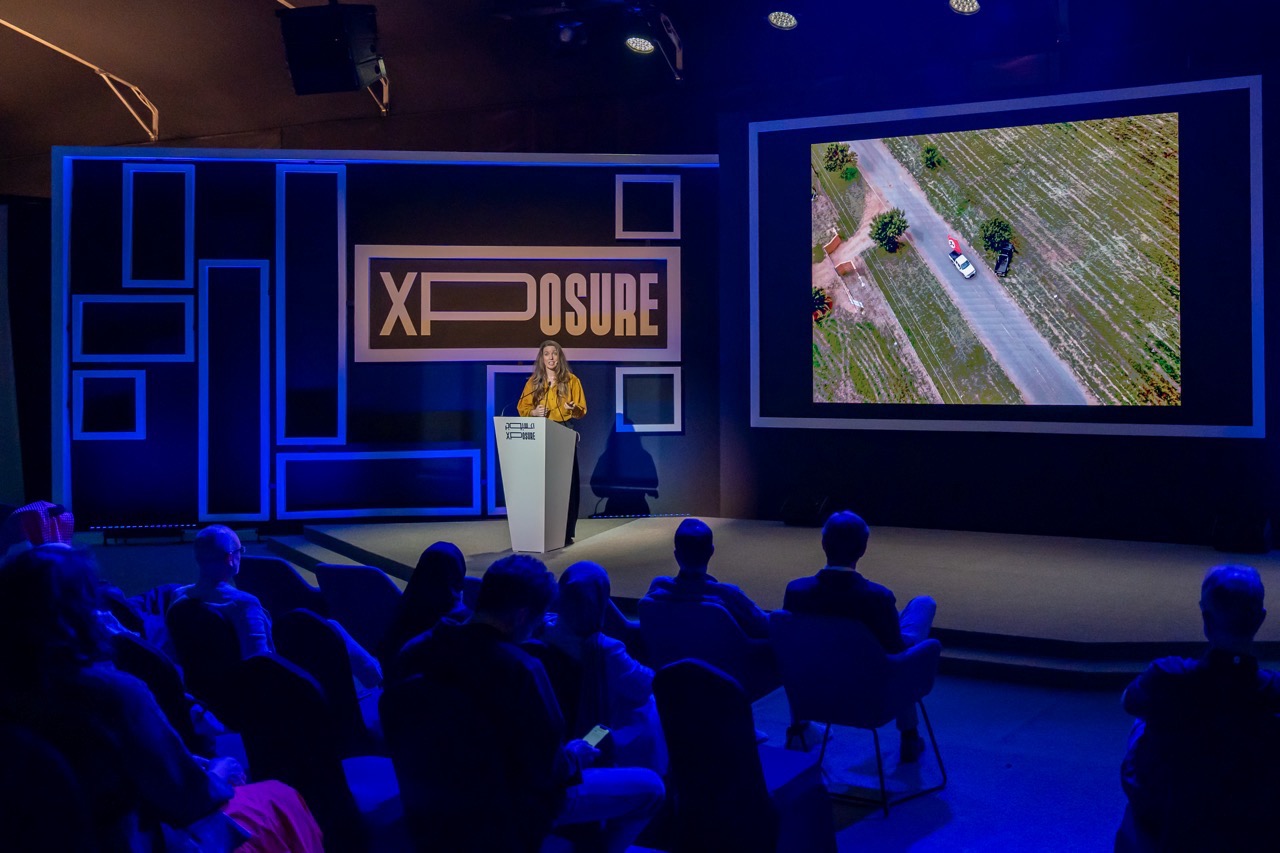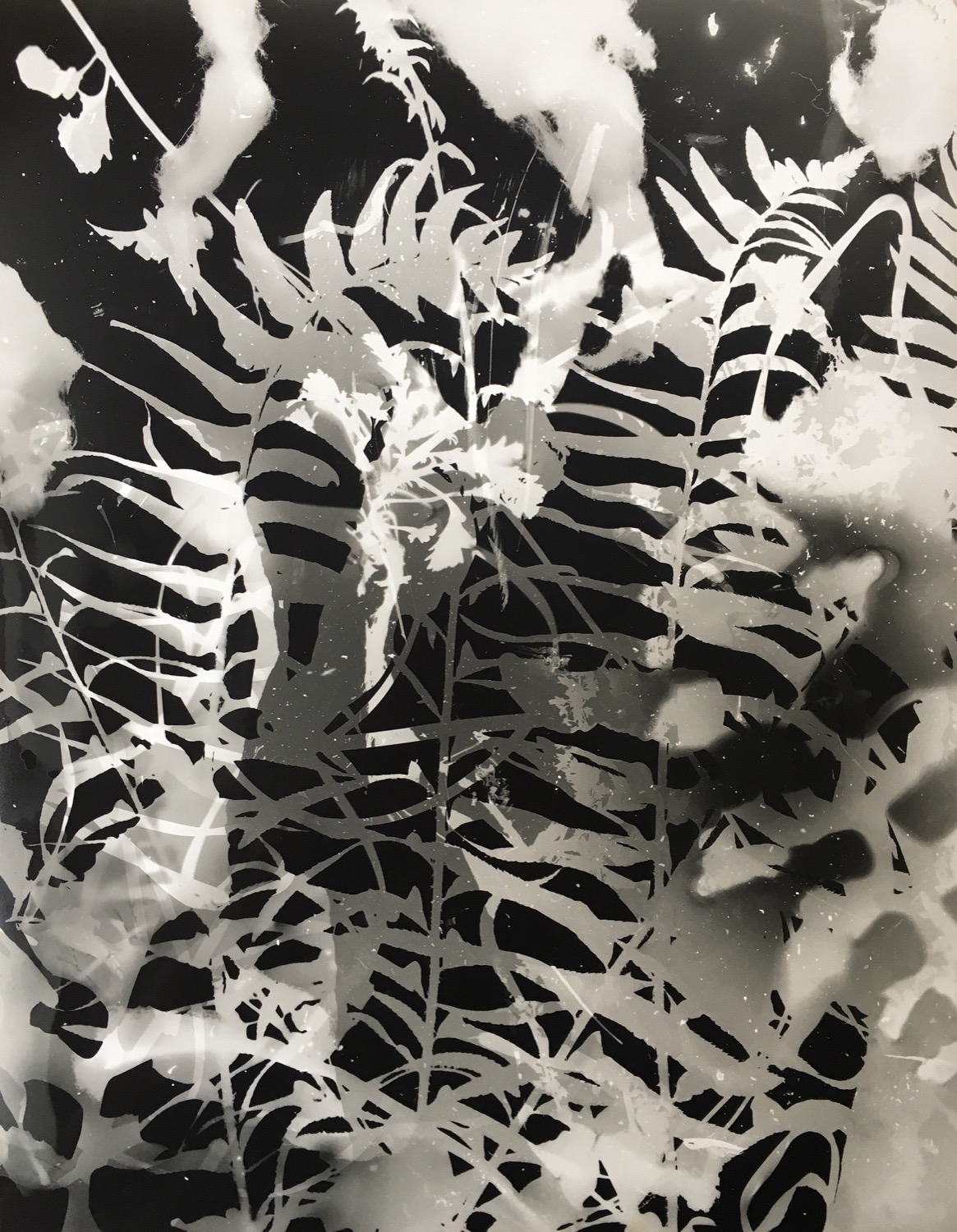
The Charm of a Southern Town
Fumi Nagasaka
Visiting the village of Dora and the neighbourhood of Yerkwood was a revealing experience for Fumi Nagasaka, who grew up in Japan and has lived in New York for over 20 years.
Artdoc

Dora is a charming little village in Alabama, South United States. Japanese-born New York photographer Fumi Nagasaka visited the town for over seven years and collected her empathetic photos in the book Dora, Yerkwood, Walker Country, Alabama. She discovered the warmth of the southern village life, where family, God, and football were the essential ingredients of life.
Visiting the village of Dora and the neighbourhood of Yerkwood was a revealing experience for Fumi Nagasaka, who grew up in Japan and has lived in New York for over 20 years. “My life was always busy. Everybody is competing with each other. It is expensive to survive here, making life in New York stressful. You have to know how to survive. When I went to Alabama, I was so surprised by the calmness. Life in the South is very different. Visiting this small town in the South made me experience the sweet Southern hospitality.” Taking photos was a challenge initially because the people didn’t quite understand the meaning and purpose of the photographs. “Initially, they thought I was charging money and selling the pictures online. I didn’t want them to smile like they would in a family portrait. I had to explain that I was documenting their lives.”
Payment Failed

The elections of 2016 triggered Fumi Nagasaka's interest in southern states like Alabama. “The elections made me very curious about what was happening in the middle of small towns. My friend and neighbour told me she was from Dora and invited me to go with her. Arriving there, I was astonished. It was so different! But I had no idea what I wanted to do at the time. I didn't even see it as a long-term documentary project. I took photos of her relatives and some landscapes.”

Back home, Nagasaka scanned her analogue photographs and realised this could become a big project. “I thought that by making pictures in Dora, I could bring a different vision and point of view about small American towns. But I also didn't want my project to have anything to do with politics; my work is fine art photography. I didn't want it to be journalism.”

Beauty
One picture shows a front yard with a worn-out couch on a wooden-covered veranda. “I photographed that because it was a beautiful moment. The sunlight shone through the trees and leaves, lighting up the old couch with its flower pattern. I thought it fitted perfectly with the background. It was a beautiful moment. But the family that owns the property didn't understand why I took the photo. They thought I photographed it to show how poor they were. But that is not the way I see things. That was not my point of view for my project. I saw the charm and the beauty. The inhabitants of Dora think people from the north look down on them because they are poor. I am not from this country. I don't see anything like that; I see that as a charm. My book is like a love letter to the community.”

Happiness
The town and people also gave Nagasaka a reflection on her position. Coming from a small town in Japan, she settled in overcrowded and stressed New York. Seeing the people living in families gave her a glimpse of what she missed in her life. In one photo, we see a boy playing his trumpet near his house. His shadow is cast on the pieces of cloth and wood. “This boy has five siblings. They had so much energy and played in their homes and front yard. You could see they were excited to have each other. I thought this little happiness inspired me. My project is about having each other and having a family. Life in the South differs from my New York life. I miss that a lot because I live alone in New York, where everyone is so fed up with life that they can’t be nice to each other or care about others. In Dora, families watch football on Saturdays and gather at church on Sundays.”

Family, God and football
At the end of the book is a brief text written by Diahmin Hawkins, an inhabitant of Yerkwood, which sums up the essence of small-town life. “I can only describe Alabama in three words: family, God and football. Family is everything; it brings a sense of belonging, love, joy and community that keeps us unified. The South is a small, big world where everyone is connected.”

Fumi Nagasaka can only confirm the importance of the three mentioned essential ingredients. She wasn’t interested in football but had to dive into it, as with religion. “I knew nothing about football until I went there. But on Saturdays, everyone sits together and watches Alabama football. I had to learn about football to be able to talk to them. It is a basic part of their life—the same counts for religion. I've never attended a church service. I'm not a Christian; I grew up in Japan as a Buddhist. Every Sunday, families go to church. They get very emotional after the service, get together to eat pizza and spend all day in the church.”

Analogue cameras
Inspired by Dutch photographers Rineke Dijkstra and Dana Lixenberg, Nagasaka used analogue middle format and small format cameras—Mamiya RZ and 7II and Nikon 35 mm. “I love the depth of analogue colours. I'm trying to shoot film as much as I can. For this project, I planned to shoot only analogue. Each time, I brought over 100 rolls and always fought with the security at the airport.”

The lack of a screen on the back of the cameras amazed the inhabitants. They wanted to see the pictures, which wasn’t possible. The scanned images remained on Nagasaka’s computer until the book was released. “The people of Dora asked me why I wasn’t showing them any pictures. I wanted to be careful with social media because I work as a photographer in New York for commercial jobs. As photographers, we have to promote ourselves on social media constantly. But I wanted to keep my project secret until my book was ready, so I didn't post anything. That was a little difficult because the project lasted seven years. All those years, I didn't show anything.”

Now, the warm and colourful photographs of the simple small-town life are in the book Dora, Yerkwood, Walker Country, Alabama—marching bands, football players, still lives with violins and organs, people in front of their houses and inside their homes, signs of deserted shopping centres and children playing with their pets—all these images reflect the connection of the photographer with the town and its people.
.svg)
.svg)
.svg)







